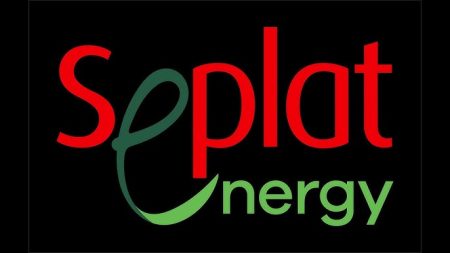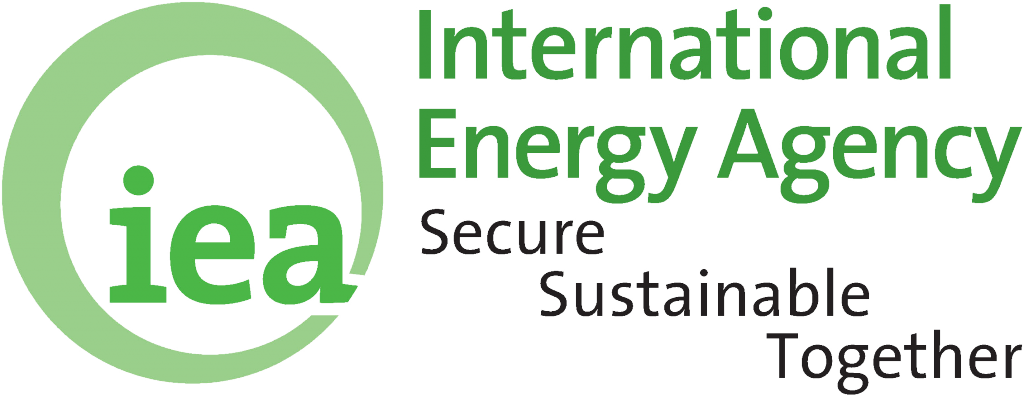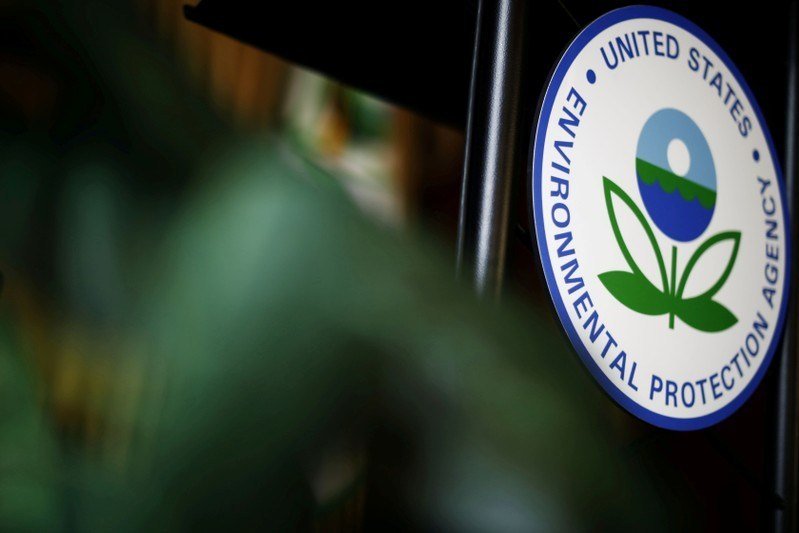
London — Oil prices tumbled by more than 4% on Wednesday following reports that Russia may lift its diesel ban in coming days and U.S. government data that indicated weak demand for gasoline.
Brent crude oil futures were down $3.88, or 4.3%, to $87.04 a barrel at 12:52 p.m. EDT (1752 GMT). U.S. West Texas Intermediate crude (WTI) fell $3.87, or 4.3%, to $85.36.
At their session low, both benchmarks were down by more than $4, and heating oil and gasoline futures fell by 5% .
U.S. nationwide crude stocks fell by 2.2 million barrels to 414.1 million barrels in the week to Sept. 29, the U.S. Energy Information Administration (EIA) reported, but stocks at Cushing, Oklahoma, the WTI delivery hub, rose for the first time in eight weeks.
Gasoline stocks rose by 6.5 million barrels, far exceeding expectations of a 200,000-barrel rise. Finished motor gasoline supplied fell to about 8 million bpd, its lowest since the start of this year.
“We are hitting the peak of seasonal refinery maintenance, yet gasoline inventories built strongly amid much weaker implied demand,” said Matthew Smith, lead oil analyst at Kpler.
Economic news also pressured oil prices. Growth in the U.S. services sector slowed in September, data showed.
The daily Kommersant reported that Russia could be ready to ease its diesel ban in coming days, citing unidentified sources.
The OPEC+ Joint Ministerial Monitoring Committee (JMMC) online meeting kept the group’s output policy unchanged.
Oil markets are heading in the “right direction” by balancing supply and demand, Kuwait’s oil minister Saad Al Barrak said, according to state media agency KUNA.
Saudi Arabia’s energy ministry confirmed it will continue its voluntary 1 million barrel per day (bpd) crude supply cut until year end, while Russia said it will continue its 300,000 bpd crude export cuts, and in November will review its voluntary 500,000 bpd output cut set in April.
Russian Deputy Prime Minister Alexander Novak said the Saudi and Russian cuts have helped to balance oil markets, and said the domestic market benefited from the Kremlin’s diesel and gasoline export ban.
*Robert Harvey, Laura Sanicola & Muyu Xu; editing: Mark Potter, Louise Heavens, Nick Macfie & David Gregorio – Reuters



